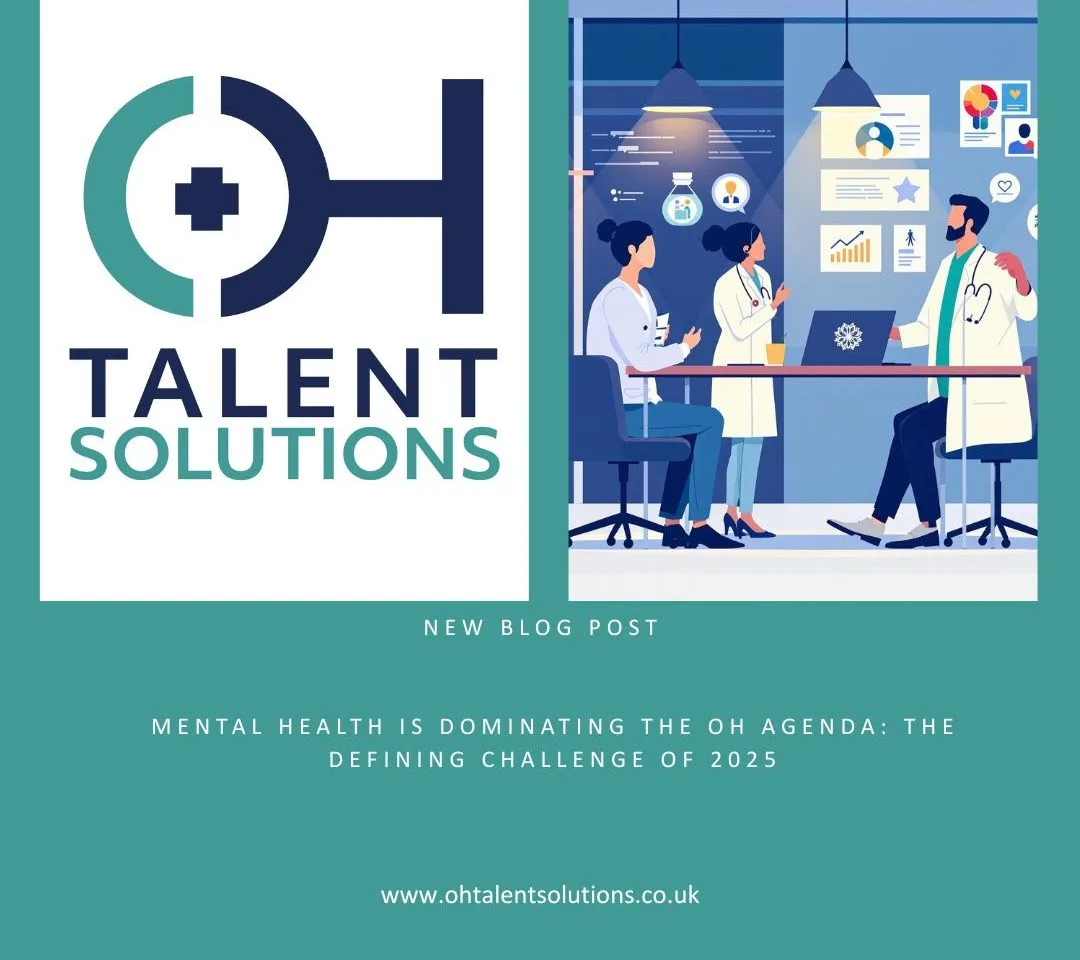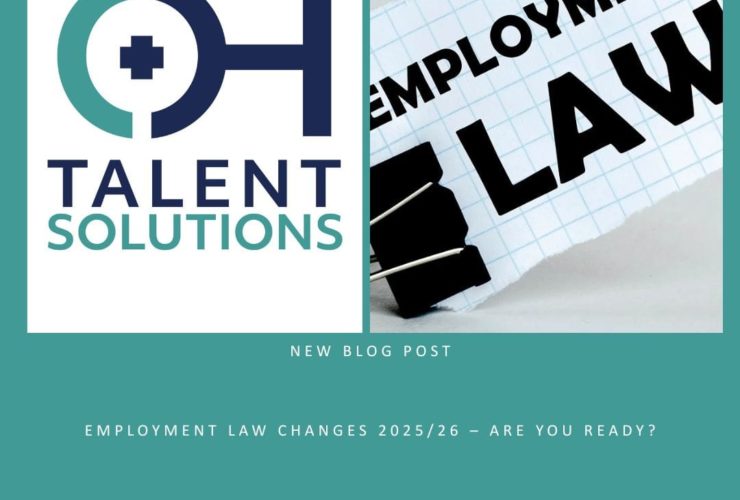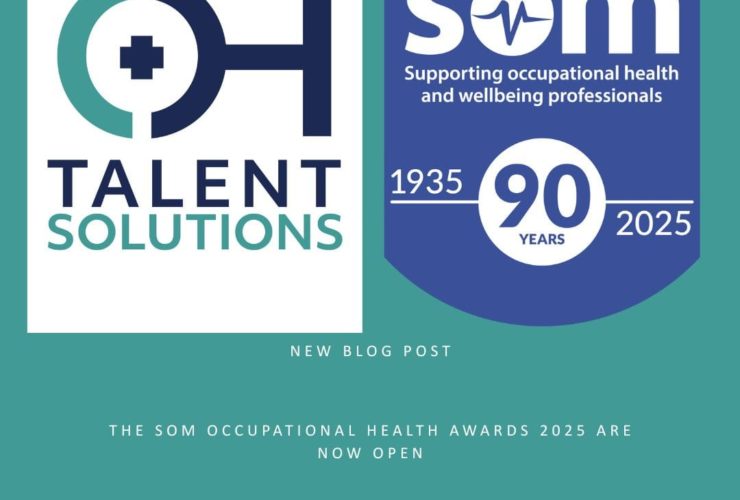Mental Health is Dominating the OH Agenda: The Defining Challenge of 2025
Mental Health is Dominating the OH Agenda: The Defining Challenge of 2025
The occupational health landscape in 2025 is being reshaped by one critical issue that’s demanding unprecedented attention from employers, OH professionals, and policymakers alike: **workplace mental health**. As we navigate the complexities of modern work environments, mental health has emerged as the defining challenge that no organisation can afford to ignore.
Why Mental Health is Dominating the OH Agenda
Recent industry reports consistently highlight mental health as the top priority for workplace health and safety in 2025. The British Safety Council’s latest trends report emphasises that employers must “increase and refine their efforts in areas such as employee mental wellbeing,” whilst Health & Safety International identifies mental health as one of the four key trends shaping workplace safety this year.
The statistics are sobering. According to the latest workplace research, employee mental health concerns have reached critical levels, with organisations reporting significant impacts on productivity, retention, and overall business performance.
The Perfect Storm: Why Now?
Several factors have converged to make 2025 a pivotal year for workplace mental health:
- Post-Pandemic Workplace Transformation
The lasting effects of COVID-19 continue to influence how we work, with hybrid working models creating new challenges around isolation, work-life boundaries, and team cohesion.
- Economic Pressures
Rising costs of living, job market uncertainties, and increased workplace demands are creating unprecedented stress levels among employees across all sectors.
- Generational Shifts
Younger workers are more open about mental health challenges and expect employers to provide comprehensive support systems.
- Legal and Regulatory Evolution
With increasing focus on duty of care obligations, employers face growing legal responsibilities to protect employee mental wellbeing.
The Business Case is Clear
Research from Gartner’s 2025 workplace trends demonstrates that organisations prioritising employee wellbeing see measurable improvements in:
**Productivity levels** – up to 25% improvement in engaged employees
**Retention rates** – significantly reduced turnover costs
**Absenteeism** – fewer mental health-related sick days
**Overall performance** – stronger business outcomes across key metrics
As one industry expert noted: “Boosting employees’ mental health isn’t just good for them and the people around them – it has an impact on the bottom line.”
What OH Professionals Need to Know
For occupational health professionals, this trend represents both a challenge and an opportunity:
**Key Focus Areas:**
**Early intervention strategies** – identifying mental health concerns before they escalate
**Comprehensive assessment tools** – integrating mental health screening into routine OH evaluations
**Workplace adjustments** – developing practical solutions for employees experiencing mental health challenges
**Training and education** – equipping managers and employees with mental health awareness skills
Emerging Best Practices:
– Proactive mental health surveillance programmes
– Integration of mental health support into existing OH services
– Collaboration with specialist mental health providers
– Development of workplace mental health policies and procedures
The Recruitment Implications
For organisations like OH Talent Solutions, this trend is creating significant opportunities in the recruitment market. There’s unprecedented demand for:
**Mental Health Specialists** – OH professionals with specific mental health expertise
**Wellbeing Coordinators** – roles focused on employee mental health programmes
**OH Advisors with Mental Health Training** – traditional OH roles requiring enhanced mental health competencies
**Occupational Psychologists** – specialists in workplace psychological wellbeing
Looking Ahead: What to Expect
Industry experts predict that mental health will remain the dominant OH trend throughout 2025 and beyond. IOSH Magazine’s 2025 predictions suggest that organisations failing to address mental health proactively will face significant competitive disadvantages.
The integration of technology, including AI-powered mental health screening tools and digital wellbeing platforms, will become increasingly important in delivering comprehensive mental health support.
Taking Action
For employers and OH professionals, the message is clear: mental health can no longer be treated as a secondary concern. It requires:
**Strategic investment** in mental health resources and training
**Cultural change** to reduce stigma and encourage open conversations
**Integrated approaches** that embed mental health into all aspects of workplace health
**Continuous monitoring** and evaluation of mental health initiatives
Conclusion
As we progress through 2025, workplace mental health stands as the most critical challenge facing the occupational health sector. Organisations that recognise this trend and act decisively will not only protect their employees’ wellbeing but also secure significant competitive advantages.
The question isn’t whether to prioritise mental health – it’s how quickly and effectively you can implement comprehensive mental health strategies that meet the evolving needs of today’s workforce.
For expert guidance on recruiting mental health specialists and OH professionals with enhanced wellbeing expertise, contact OH Talent Solutions at 02393 871 484 or. info@ohtalentsolutions.co.uk




